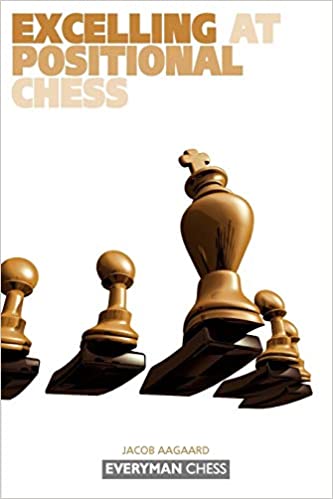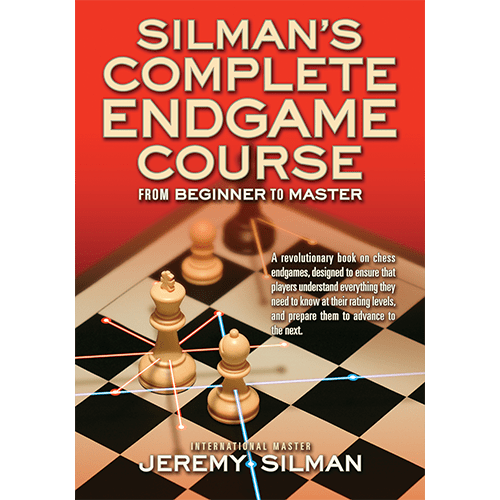
Patrick Wolff has compiled an excellent book here for beginners over the age of 10. It covers not only how to play, but many of the same tips I've given my students. The Complete Idiot's Guide to Chess by Patrick Wolff

All 60 games here contain something memorable, exciting and something a chess player of any level can learn from. It's accessible to players of average and higher chess strength. There's plenty of analysis, without drowning the reader in endless variations. The book gives detailed notes on what the Grandmaster was thinking and feeling during his games. This is a great book to peer inside the brain of one of the greatest chess players that ever lived, Bobby Fischer. The book also benefits from De la Villa’s lively writing style, making it more of a fun read than an instruction manual. 100 Endgames You Must Know offers tests at the beginning and end of the book, which are quite useful diagnostic tools. Jesus De La Villa, however, does an excellent job emphasizing the practical and breaking things down into well-worded chunks of easily accessible information. The endgame is arguably the most difficult phase in a chess game. This is a great book for players that have been playing chess for awhile and want to get better. Here are some books I recommend for beginning and intermediate level players.ġ00 Endgames You Must Know by Jesus De La Villa I'm also a United States Chess Federation certified chess coach and I've taught many people of various ages the game. Since high school I've been a competitive chess player playing in tournaments up and down the east coast. I think everyone, at any age, should learn how to play chess.

Chess improves your critical thinking skills. In chess you might see a piece you can take that may seem free for the moment but the change in position could have some consequences for you. Discipline is essential in chess and in life.


 0 kommentar(er)
0 kommentar(er)
